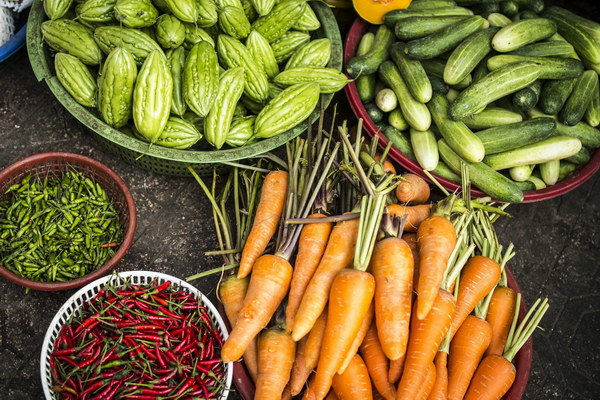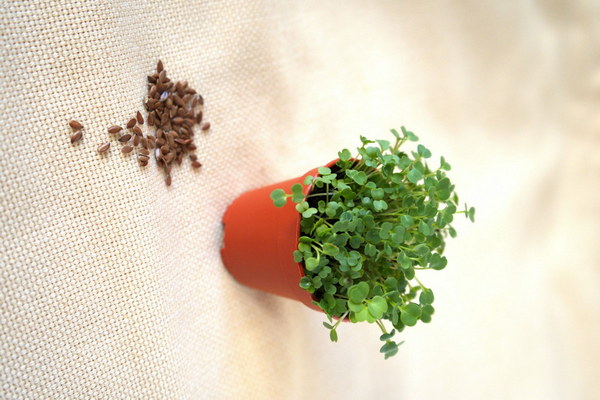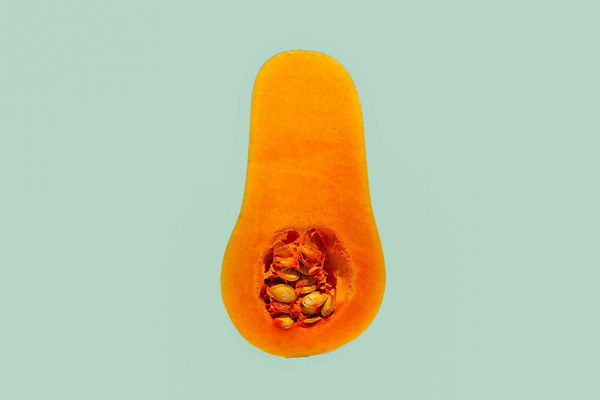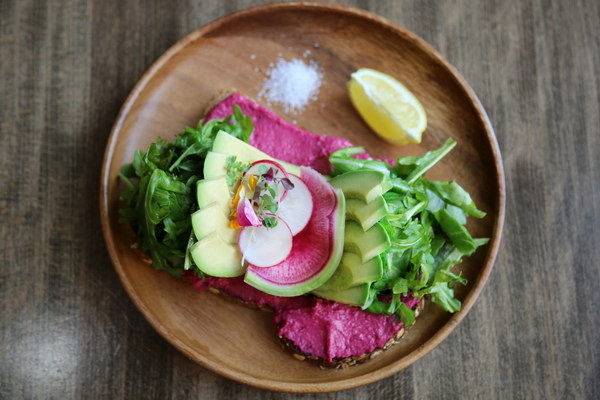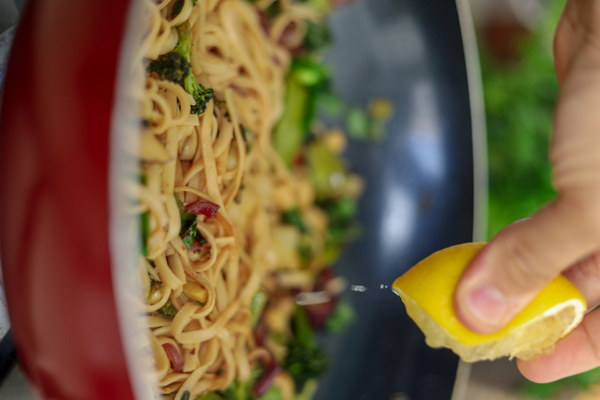Revitalizing Recovery Essential Post-Operative Nutrition for Men Post-Stone Surgery
After the grueling process of urolithiasis, or commonly known as kidney stones, the body undergoes significant stress and demands immediate care. Stone surgery, whether it's a minimally invasive procedure like lithotripsy or a more extensive operation, can leave men feeling weak and rundown. The road to recovery is a delicate balance between rest, physical activity, and proper nutrition. This article delves into the importance of post-operative nutrition and provides essential guidelines for men to revitalize their bodies post-stone surgery.
The immediate aftermath of stone surgery is characterized by inflammation, pain, and a compromised immune system. It is crucial to understand that the body's healing process requires a substantial amount of energy, which can be provided through a well-balanced diet. Here are some key nutritional recommendations to help men bounce back faster and stronger.
1. Hydration: Water is the elixir of life and an essential component of the healing process. Drinking plenty of fluids helps flush out the kidneys and reduces the risk of future stone formation. Men should aim to consume at least 8-10 glasses of water daily, and more if they are in a hot climate or engaged in physical activity.
2. Protein: Post-surgery, the body requires additional protein to repair tissues and build strength. Good sources of lean protein include chicken, turkey, lean beef, fish, eggs, and dairy products. Men should consume about 0.8 grams of protein per kilogram of body weight daily, or 1.6 grams per kilogram if engaged in heavy physical activity.
3. Fiber: High-fiber foods aid digestion and can help prevent constipation, a common side effect of pain medication and decreased physical activity post-surgery. Men should include a variety of fruits, vegetables, whole grains, and legumes in their diet to ensure an adequate fiber intake.
4. Calcium and Vitamin D: Although kidney stones are often associated with calcium, it is crucial to consume this mineral in the right form and balance. Calcium-rich foods such as dairy products, almonds, and dark leafy greens should be consumed alongside vitamin D, which aids in calcium absorption. Men should consult with their healthcare provider to determine the appropriate dosage of vitamin D supplements.
5. Antioxidants: Fruits and vegetables rich in antioxidants help combat inflammation and support the immune system. Berries, green leafy vegetables, oranges, and carrots are excellent sources of antioxidants.
6. Omega-3 Fatty Acids: Omega-3 fatty acids, found in fatty fish, flaxseeds, and walnuts, have anti-inflammatory properties and can help alleviate pain and reduce the risk of stone recurrence. Aim to consume at least two servings of fatty fish per week.

7. Limiting Certain Foods: Men should avoid high-sodium foods, as they can contribute to fluid retention and kidney stress. Additionally, foods high in oxalates, such as spinach and rhubarb, should be consumed in moderation, as they can increase the risk of stone formation.
In conclusion, men recovering from stone surgery must focus on a diet that promotes healing, reduces inflammation, and supports overall well-being. By incorporating these nutritional guidelines, men can revitalize their bodies and reduce the risk of future kidney stones. It is essential to consult with a healthcare provider or registered dietitian to create a personalized nutrition plan that meets individual needs and preferences. With proper nutrition and care, recovery from stone surgery can be a smoother and more efficient process.
